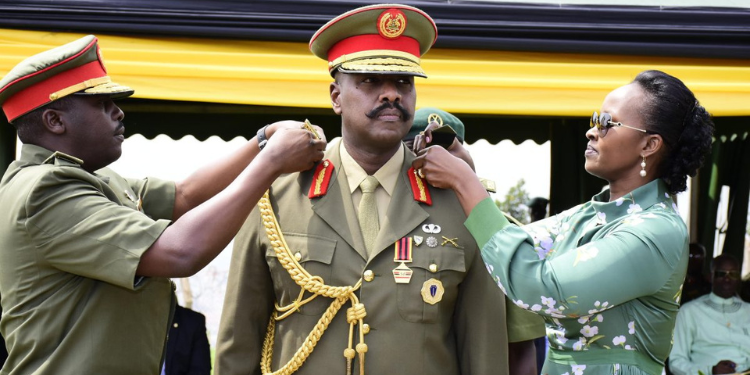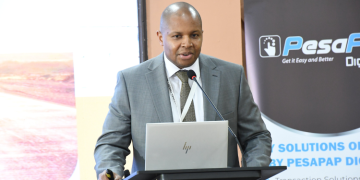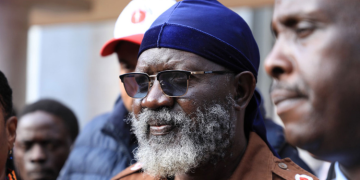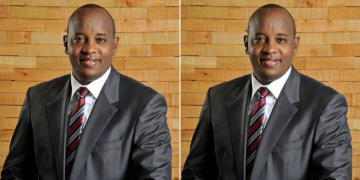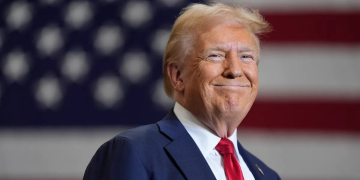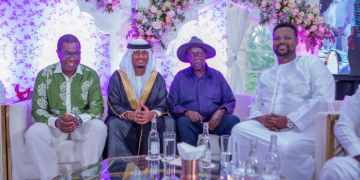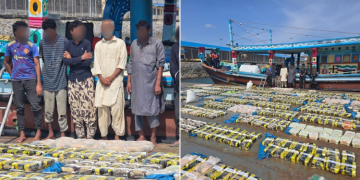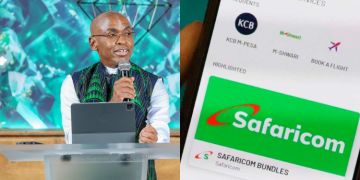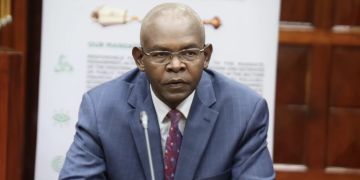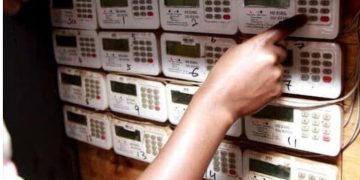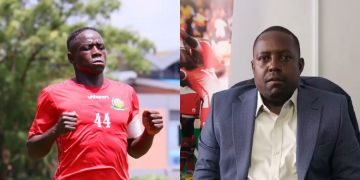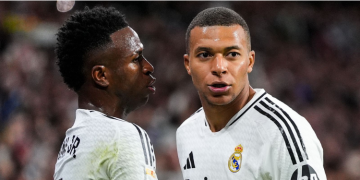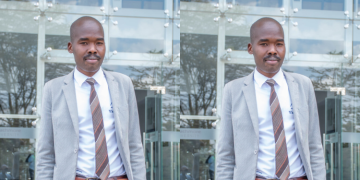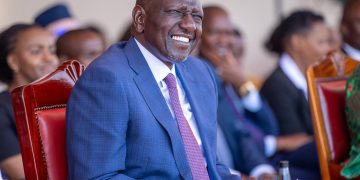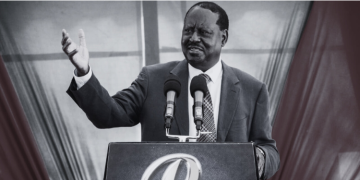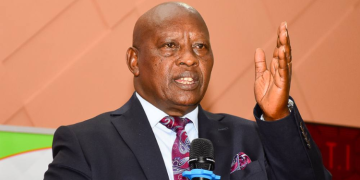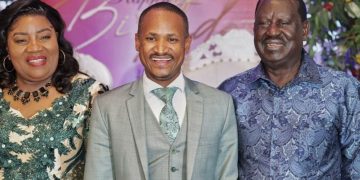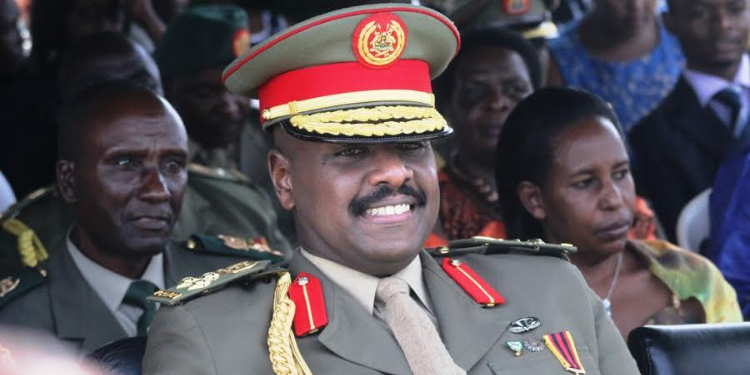General Muhoozi Kainerugaba, President Yoweri Museveni’s son, has promised to get the president a backing of 90% and 85% for the National Resistance Movement (NRM) of the votes in the next Uganda general elections.
Uganda’s elections have often been marked by controversies around fairness, voter suppression, and alleged rigging.
“We will capture the whole country, with Almighty God’s help. The target is 85% for Mzee, 90% for NRM,” Muhoozi stated.
Historically, Museveni and the NRM have enjoyed broad support in many areas, but they also face serious opposition from parties like FDC and People Power.
Public Sentiment
General Muhoozi Kainerugaba recently claimed that the ruling National Resistance Movement (NRM) enjoys 90% support, and President Yoweri Museveni has 85% backing.
However, the most recent Afrobarometer survey paints a more subtle picture:
- 56% of Ugandans said they would vote for the NRM if elections were held immediately.
- 70% approved of Museveni’s job performance.
- Only 31% said they trust the NRM “a lot,” and 39% said the same for Museveni.
Also Read: Sweden Govt Goes to Supreme Court Against Kenyan Employees
These figures suggest strong but not overwhelming support, casting doubt on Muhoozi’s inflated claims and hinting at a possible effort to project dominance ahead of the 2026 elections.
ICC Complaint and Allegations of Torture
In 2025, Muhoozi Kainerugaba and President Museveni were named in a complaint to the International Criminal Court (ICC).
The complaint included Testimonies from over 200 individuals alleging arbitrary arrests, torture, and detention in secret facilities.
Victims reported being interrogated about ties to opposition leader Bobi Wine and subjected to electric shocks, beatings, and psychological abuse.
In April 2025, Muhoozi posted on X that he was holding Eddie Mutwe, Bobi Wine’s chief bodyguard, in his basement.
He even shared a photo of Mutwe with visible injuries and made threatening remarks.
The Uganda Human Rights Commission (UHRC) responded by declaring the detention unlawful and ordering Muhoozi to immediately release Mutwe or face contempt charges under the Constitution.
Opposition figures like Bobi Wine have accused Muhoozi of using the military to intimidate voters and suppress dissent, especially in urban areas and among youth.
Religious Language as a Tool of Legitimacy
Muhoozi frequently invokes God and divine will in his public statements, especially on social media.
He frequently uses phrases like “With Almighty God’s help…” and “God has chosen us to lead…”.
This religious framing is often paired with threatening or provocative statements, such as boasting about detaining opposition figures like Eddie Mutwe and Bobbi Wine.
He further promotes military dominance as a form of divine justice, mocking international norms or human rights bodies.
Also Read: What if Nelson Mandela was in Ramaphosa’s Shoes?
This creates a dual narrative: one of moral righteousness and military strength, which can be deeply persuasive in a society shaped by both faith and fear.
Uganda’s Development under Museveni
Under Museveni’s 36+ year rule, Uganda’s infrastructure has improved (roads, electricity access), but often through Chinese loans and public debt.
Corruption and patronage networks have undermined service delivery, with youth disillusionment growing and many seeing the state as serving elites rather than the public.
Muhoozi’s rise is seen by critics as a continuation of this system, potentially stalling democratic and developmental reforms.
Uganda’s Human Development Index (HDI) in 2022 was 0.550, ranking it 167th out of 191 countries.
This places it in the “medium human development” category for the first time, but life expectancy is low at 63 years.
The mean years of schooling are only 6 years, and access to healthcare and education remains limited, especially in rural areas.
Follow our WhatsApp Channel and X Account for real-time news updates.
